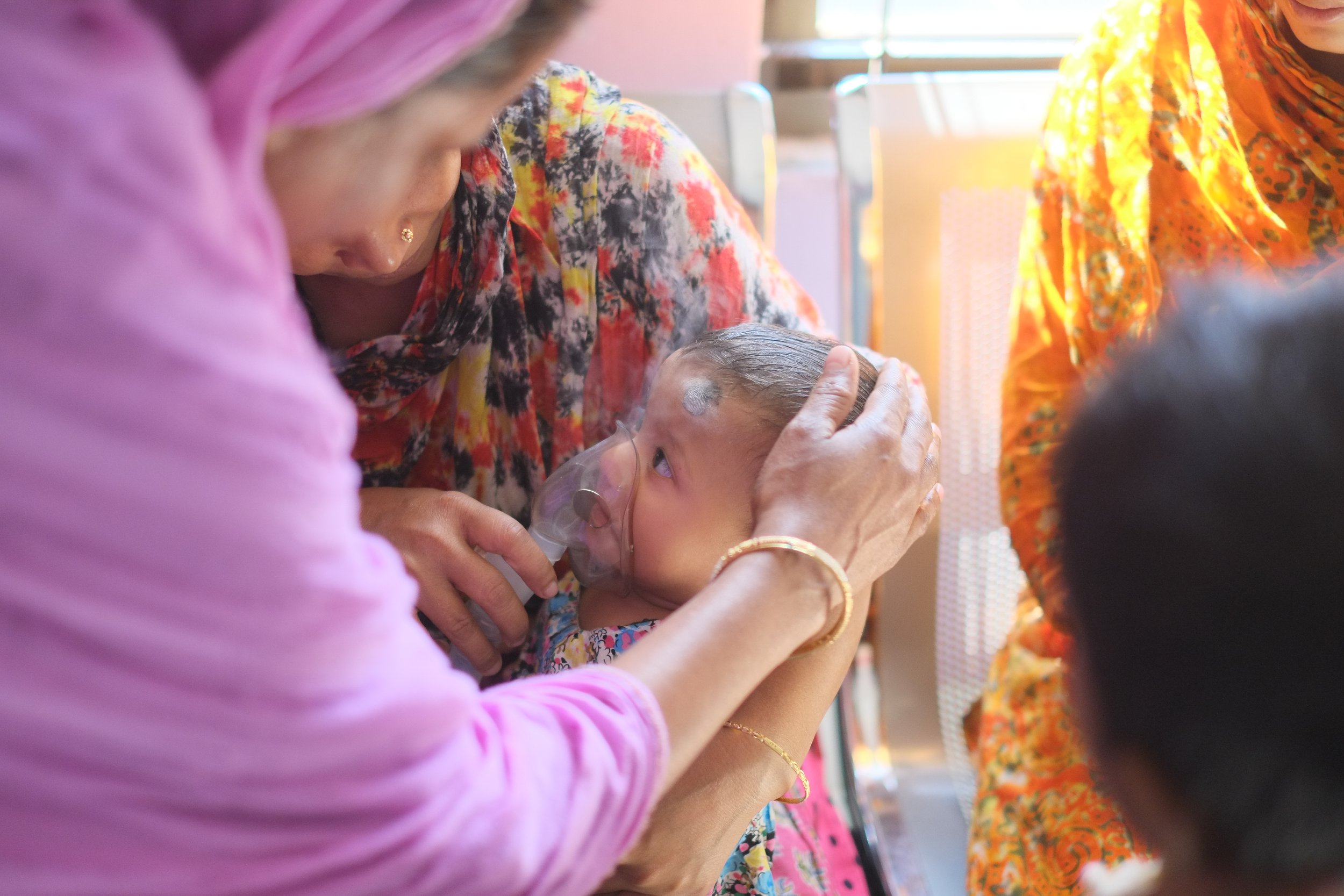Healthcare Challenges in Bangladesh: A System in Crisis
Healthcare in Bangladesh faces a multitude of challenges that affect millions of people every day. From an inadequate doctor-patient ratio to the lack of proper health financing, the healthcare system is stretched thin and in desperate need of reform. The impact of these systemic issues is felt most acutely by the nation’s vulnerable communities, who often have limited access to quality medical care.
1. Inadequate Doctor-Patient Ratio
One of the most pressing issues in Bangladesh is the severe shortage of healthcare professionals. The country has only 7 doctors available for every 10,000 people, significantly below the World Health Organization’s (WHO) recommended ratio of 22.8 doctors per 10,000 population (Bangladesh Health Bulletin, 2022). This alarming gap results in prolonged waiting times, compromised quality of care, and widespread patient dissatisfaction. The shortage is not just about numbers; it directly translates to poorer health outcomes and a lack of timely medical interventions, making it a critical barrier to healthcare accessibility.
2. Overburdened Tertiary Hospitals
The immense pressure on tertiary hospitals in Bangladesh compounds the healthcare crisis. Due to limited primary and secondary healthcare facilities, patients often flock to tertiary hospitals for even minor ailments. As a result, these hospitals are overcrowded, facing resource constraints that affect the quality of care. On average, a doctor in Bangladesh spends just 48 seconds with a patient (Irving G. et al, 2017). This minimal consultation time not only affects diagnosis and treatment accuracy but also leads to patient dissatisfaction and the perpetuation of poor health outcomes.
3. Proliferation of Unregulated Pharmacies and Diagnostic Centers
Unregulated pharmacies and diagnostic centers are another significant problem, undermining public health efforts. These unregulated entities often distribute counterfeit drugs, provide inaccurate diagnostic results, and dispense inappropriate prescriptions without proper oversight (Ahmed, S.M. et al, 2017). This lack of regulation not only jeopardizes patient safety but also erodes public trust in the healthcare system, making it even more challenging for individuals to seek appropriate care.
4. Reactive Health-Seeking Behavior
In Bangladesh, a culture of reactive health-seeking behavior prevails. Most people seek medical attention only after symptoms have worsened, often leading to late-stage diagnoses, disease progression, and increased treatment complexity. This reactive approach, rather than preventive care, results in higher healthcare costs, a longer duration of illness, and a greater burden on an already strained healthcare system. The lack of awareness and accessibility to preventive health services further compounds this issue, creating a vicious cycle of poor health outcomes.
5. High Out-of-Pocket Expenditures
One of the most critical barriers to healthcare in Bangladesh is the high cost borne by individuals. With no comprehensive health financing or insurance systems in place, out-of-pocket expenses account for a staggering 74% of all health expenditures in the country (WHO, 2023). This enormous financial burden forces many households to make difficult choices between healthcare and other essential needs, often leading to delayed treatment or, in many cases, no treatment at all. The lack of financial protection against healthcare costs leaves the most vulnerable populations at risk of falling further into poverty.
6. Lack of Micro-Level Digital Health Integration
While the health system in Bangladesh has seen some digitization efforts in recent years, they largely operate at a macro level, focusing on district-based information rather than individual patient data (UNICEF, 2019). The absence of micro-level health information systems, such as Electronic Health Records (EHR), limits the ability to track patient histories, improve continuity of care, and make data-driven decisions. Without individualized EHRs, healthcare providers lack the insights needed to deliver personalized and effective treatment, which further hampers the quality of healthcare delivery.
Spreeha’s Solution: A Tech-Enabled Hyper-Local Urgent Care Network
To address these healthcare challenges, Spreeha is working towards building a tech-enabled hyper-local urgent care network. Our solution focuses on decentralizing healthcare delivery by bringing care closer to communities through easily accessible centers equipped with digital health technologies. By integrating AI, data analytics, and Electronic Health Records, we aim to streamline patient care, reduce costs, and ensure timely interventions.
Through this innovative approach, Spreeha envisions a healthcare system where quality care is within reach for everyone, regardless of their location or financial status. Our commitment to leveraging technology to transform healthcare aligns with our mission of making healthcare accessible, affordable, and effective for all.
The healthcare landscape in Bangladesh is complex and fraught with challenges, but with innovative solutions and collective action, there is hope for a healthier future.

